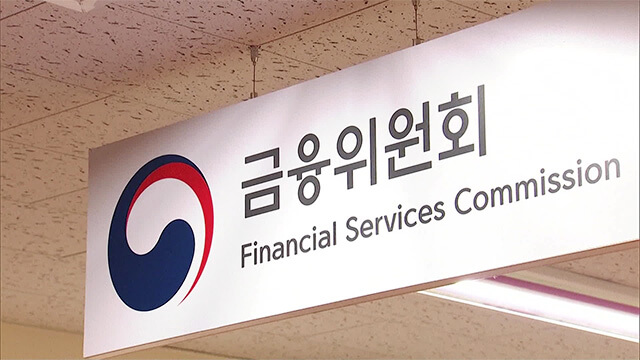- South Korea’s financial regulator plans to gradually ease restrictions on institutional crypto trading, allowing them access to local crypto markets.
- Non-profit organisations are at the top of the list of institutions which will be allowed to trade cryptocurrencies.
The Financial Services Commission of South Korea plans to gradually lift restrictions on crypto trading following the passing of its Virtual Asset User Protection Act in July 2024 which aims to curb unfair trading practices on an institutional level.
South Korea’s FSC Secretary-General Kwon Dae-young aims to align with global regulatory practices, which have shifted over the last several months from overly restrictive to more enabling, especially in the Asian region.
The Virtual Asset User Protection Act
The Virtual Asset User Protection Act is a response to the fall of exchanges like FTX and black swan events like the Terra network crash, caused by negligence and unethical practices.
FTX’s crash led to losses between $8 – $10 billion, much of which belonged to institutions.
To be clear, crypto trading is not banned in South Korea, however, banks have been instructed to restrict institutional trading. Retail traders can still access the market from regulated local exchanges.
The new rules provide frameworks that prevent large-scale delisting of digital assets by standardising the criteria for listing and delisting.
Moving forward
The FSC plans to allow institutional trading in phases and eventually expand its regulations to make provisions for stablecoins and token listings.
According to Kwon Dae-young, “We need to discuss how to create listing standards, what to do with stablecoins, and how to create rules of conduct for virtual asset exchanges.”



